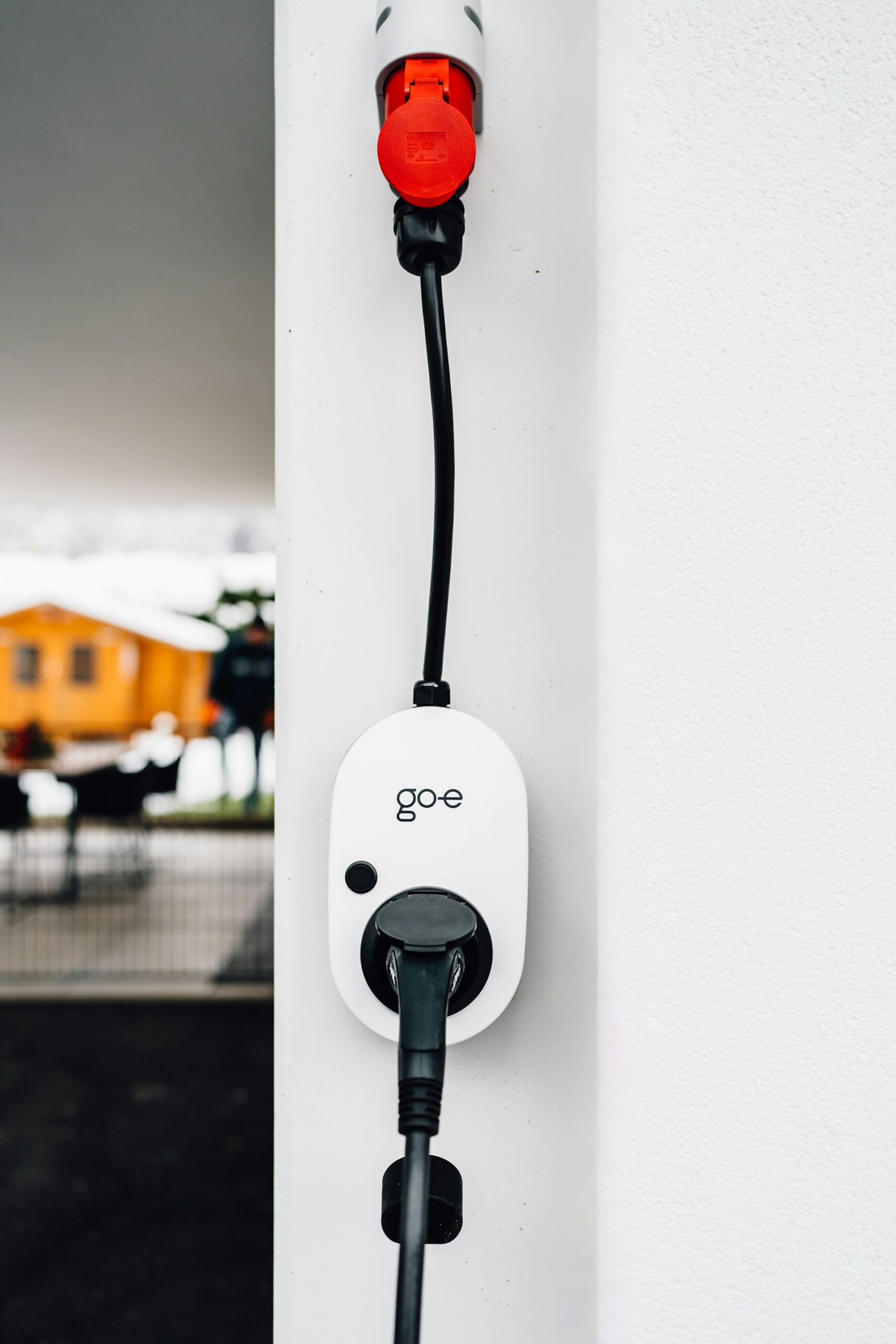Small Business Insurance: Costs, Licensing Requirements, and Liability Coverage Explained

Photo by Sasun Bughdaryan on Unsplash
Understanding Small Business Insurance Costs
Insurance is a core pillar of risk management for small businesses, but cost is often a top concern for owners. Small business insurance costs can vary substantially depending on the type and level of coverage, industry, business size, location, and claims history. The most common policy for small businesses is general liability insurance . According to recent industry data, the average cost for general liability insurance is $42 to $55 per month (about $500 to $660 per year). However, these numbers can shift higher or lower due to your unique business risks and requirements [1] [3] .
Business Owner’s Policies (BOPs), which bundle general liability and commercial property insurance, are also popular for small businesses. The average cost for a BOP is $57 per month (about $684 annually) [3] . More comprehensive business insurance packages, which might include workers’ compensation, cyber liability, and professional liability, can push monthly premiums higher, especially for businesses in high-risk industries such as construction, healthcare, or manufacturing [4] .
Other factors influencing your insurance costs include:
- The number of employees you have
- Whether your business interacts with the public or handles customer property
- Size and location of your workspace
- History of prior insurance claims
- Regulatory requirements in your state or industry
For example, a solo consultant working from home may pay less than $500 a year for basic liability coverage, while a retail shop with employees and a storefront might spend $1,200 or more annually. Businesses in higher-risk industries-like construction or manufacturing-can expect insurance costs in the $2,000 to $5,000+ range per year for robust protection [4] .
Can You Get Business Insurance Without a Business License?
Many aspiring entrepreneurs wonder if it’s possible to secure business insurance before officially obtaining a business license. In most cases, you can apply for and purchase business insurance even if you do not yet have a formal business license . Insurance carriers are primarily concerned with understanding your business operations, risks, and structure. They may request details such as your business type (sole proprietorship, LLC, corporation), projected revenue, and the services or products you provide.
However, there are important considerations:
- Industry Requirements: Some industries or states may require you to have a license before purchasing certain specialized insurance (such as for contractors, healthcare, or legal professionals). For most general liability or property insurance, a license is not always mandatory.
- Carrier Policies: Some insurers may ask for proof of licensure or registration when underwriting your policy, especially if your business is regulated or if you’re seeking coverage for higher-risk activities.
Key steps if you do not have a business license:
- Contact reputable insurance agencies and explain your business status. Be transparent about your licensing timeline.
- Gather documents that verify your business identity, such as an EIN (Employer Identification Number), DBA (Doing Business As) registration, or articles of incorporation if available.
- Ask insurers what minimum documentation they require and whether a pending license is acceptable.
- If you plan to operate in a regulated industry, check with your state’s licensing board or relevant agency to confirm insurance requirements and minimum standards.
In summary,
many small business owners start their coverage before their official license is issued
, but policies and requirements vary. Always consult with an insurance agent who understands your industry and state regulations to ensure compliance and adequate protection.
What Does Business Liability Insurance Cover?
Business liability insurance-most commonly, general liability insurance -protects your company from the financial fallout of common business risks. This policy typically covers claims of bodily injury, property damage, and personal or advertising injury (such as libel or slander) that occur as a result of your business operations [3] [1] .
Key protections under business liability insurance include:
- Legal defense costs if your business is sued for covered claims
- Medical expenses if someone is injured on your premises or as a result of your services
- Property damage to third parties (not your own property)
- Settlements or court-ordered judgments resulting from covered claims
- Personal and advertising injury, such as copyright infringement or defamation allegations
Example: If a customer slips and falls in your store and requires medical treatment, general liability insurance can cover their medical bills and your legal costs if they sue. If you accidentally damage a client’s property while providing on-site services, this insurance can help pay for repairs or replacements.
What’s not covered? General liability insurance does not cover employee injuries (that’s what workers’ compensation is for), damage to your own property, intentional acts, or professional mistakes (which require professional liability or errors and omissions insurance).
How to Access and Compare Small Business Insurance
Finding the right insurance for your small business involves several key steps:
- Assess your risks: List all the possible liabilities your business faces. This could include customer interactions, on-site work, cyber risks, or product sales.
- Determine required coverages: Some coverages may be required by your state, clients, or partners (for example, workers’ compensation or commercial auto if you have vehicles).
- Gather documentation: Have your business structure, estimated revenue, payroll, and (if applicable) business license or registration ready for insurers.
- Contact reputable agents or brokers: Seek out agents who specialize in your industry and can explain the pros and cons of different policies. They can help you compare quotes and policy options.
- Request multiple quotes: Premiums can vary widely between providers. Be ready to provide detailed information about your operations to get the most accurate pricing.
- Review policy exclusions and limits: Make sure you understand what is and isn’t covered. Discuss higher limits or specific endorsements if your business faces unique risks.
If you’re unsure where to start, you can:
- Search for “small business insurance providers in [your state]”
- Contact your local chamber of commerce or small business development center for referrals
- Use online insurance marketplaces with verified client reviews to compare options
- Consult your industry trade association for recommendations on specialized coverage
Challenges and Tips for Small Business Insurance
Securing insurance as a new or unlicensed business can feel daunting. Common challenges include:

Photo by Randy Laybourne on Unsplash
- Understanding your true risk exposure
- Deciphering policy exclusions and technical language
- Balancing cost with adequate protection
Solutions and best practices: Work with a licensed insurance agent who understands your industry and state regulations. Prioritize essential coverages first (like general liability), then add specialized policies as your business grows. Consider annual policy reviews, especially after business changes (such as hiring employees or expanding services).
Alternative Approaches and Additional Coverage Options
Depending on your business needs, you might consider:
- Professional liability insurance for service-based professions (covers errors and omissions)
- Product liability insurance if you manufacture or sell goods
- Cyber liability insurance for businesses handling sensitive data
- Commercial property insurance for physical assets
Some insurers offer discounts for bundled policies, strong safety protocols, or a history of few claims. Always compare options, ask for written policy summaries, and clarify your questions before finalizing a purchase.
Key Takeaways
Small business insurance is an essential investment. Most small businesses pay between $500 and $1,200 annually for general liability coverage, with costs rising in higher-risk industries or for more comprehensive protection [3] [4] . You can often obtain insurance before having a business license, though requirements vary by industry and insurer. General liability insurance protects against a range of third-party claims, but does not cover every risk-review your options carefully and consult with experts to ensure your business is fully protected.
References
MORE FROM jobsmatch4u.com













